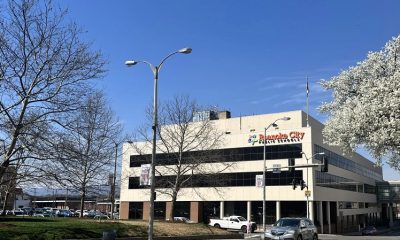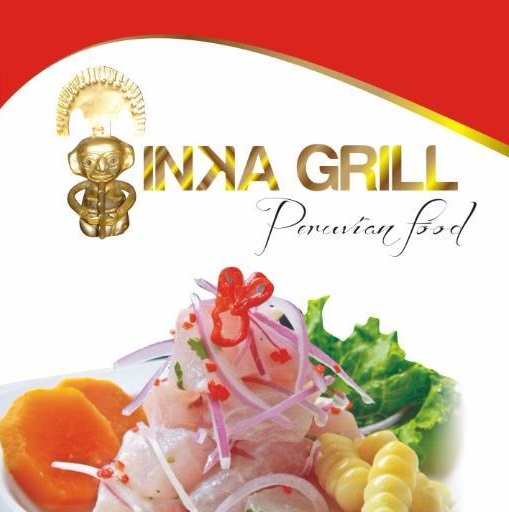A Roanoke man who got three life sentences plus more than a century in prison for his role in a fatal robbery spree in the mid-1980s has been set free after about 33 years behind bars.
Local News
Roanoke man given 3 life terms for 1986 killing is paroled after 33 years

Tyson Xavier Golden, now 55, was granted release by the Virginia Parole Board in January. That decision was certified March 30, and Golden left custody April 3, according to the state Department of Corrections. The Roanoke commonwealth’s attorney’s office said it was never notified, a communication that is required by Virginia law.
Golden was one of three men charged after a string of three violent Roanoke home invasions that occurred in December 1986 and culminated in the beating death of 91-year-old Larry White, who was attacked and robbed along with his 87-year-old sister, Maggie Spinner, in the small Essex Avenue apartment they shared. Prosecutors said three blows from the butt of a pistol fractured White’s skull, killing him.
One of the five parole board members is Roanoke Mayor Sherman Lea, an outspoken advocate against what he recently deemed “the epidemic of gun violence” across the country. Last year he helped spearhead an anti-violence task force in the city.
The new board chairwoman, Tonya Chapman, who started April 16, did not respond to emails last week. The board’s phone line in Richmond offers a recording that tells callers that, in light of Virginia’s current state of emergency, it’s currently unable to accept messages.
Golden was one of three men convicted in the cases. In December 1986, he was charged alongside Angelo Maurice Day and Timothy George White Jr., both 18 at the time.
In addition to the attack of Larry White and Spinner, they were convicted of two more similarly violent robberies that occurred earlier the same month, beating a 64-year-old man at a Hunt Avenue apartment and brutalizing a 26-year-old woman in her home on Peach Tree Drive.
Angelo Day and Timothy White (who was not related to victim Larry White) quickly pleaded guilty to numerous charges in the spree, including murder and robbery, and each received one life term, plus 133 and 134 years, respectively.
White sought parole in 2016 but was denied — the panel cited “a history of violence” and “conviction of a new crime while incarcerated” — and the following year he died at age 49 at Buckingham Correctional Facility. The cause of death was heroin and fentanyl toxicity, the state medical examiner’s office said Friday.
Day also was denied parole in January 2016, with the board concluding that “you should serve more of your sentence prior to release” and that “release at this time would diminish the seriousness of crime.”
Golden, who was 23 at the time he was arrested, acknowledged his guilt on some of the counts against him, but went to trial in June 1987 on the charges involving Larry White and Spinner, and both Day and Timothy White testified against him.
Prosecutors have said that no one other than the robbers will ever truly know who was responsible for the killing.
Day testified that Golden was upset after the robbery and had called Timothy White “an animal.”
Weckstein didn’t explain why he diverted from the jury’s verdict, but that result put Golden’s final active sentence — life, plus 118 years — more in line with that of Timothy White and Angelo Day.
In sentencing White in July 1987, Judge Jack Coulter noted that although parole was a function of the government’s executive branch, “if I had my way in this case, we would have life without the benefit of parole.”
“The operation of the parole board and the release of people is a blend of remorse and economics,” Caldwell added. “I would submit that economics is part of the push to get pre-’95 people out of the system.”
Martin circulated her complaint to other Virginia prosecutors and said she has learned of other unannounced releases.
“I’m hearing enough to be concerned that something is deeply infected in the parole board,” she said.
“I would’ve asked to appear before the board. … I would’ve immediately reached out to the victim … and I would’ve advocated for the best interest of my community,” Martin said.
“Frankly, the importance of that code section serves as a safety valve for victim notification,” she said.
“It’s also a safety valve for the community’s voice to be heard.”
-

 Local News2 weeks ago
Local News2 weeks agoRoanoke middle schools will launch a gun violence prevention program this summer
-

 Local News2 weeks ago
Local News2 weeks agoHillsville locals awaken to scenes of devastation following a powerful storm
-

 Virginia2 weeks ago
Virginia2 weeks agoParents in Lynchburg express concern about the lack of transparency surrounding school budget projections
-

 Local News2 weeks ago
Local News2 weeks agoSalem Planning Commission votes yes for HopeTree rezoning
-

 Local News1 week ago
Local News1 week agoIn May, Roanoke Valley Comicon will return
-

 Local News2 weeks ago
Local News2 weeks ago15 Vietnam veterans leave on Honor Flight
-

 Local News1 week ago
Local News1 week agoThe new CTE center’s formal opening is celebrated by Roanoke City Schools
-

 Local News1 week ago
Local News1 week agoVeterans are welcomed back to their homes after their Honor Flight bus excursion





Leave a Reply